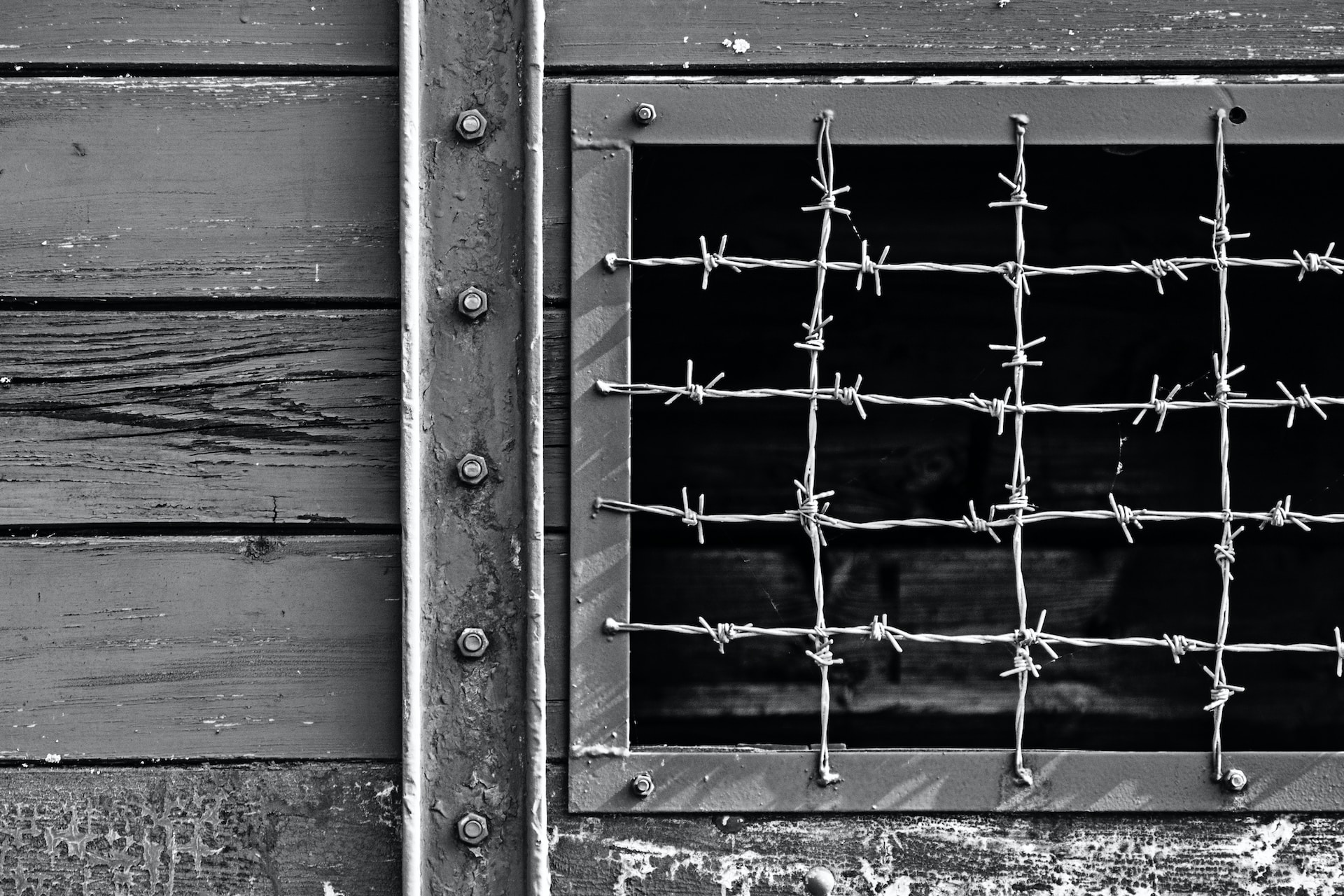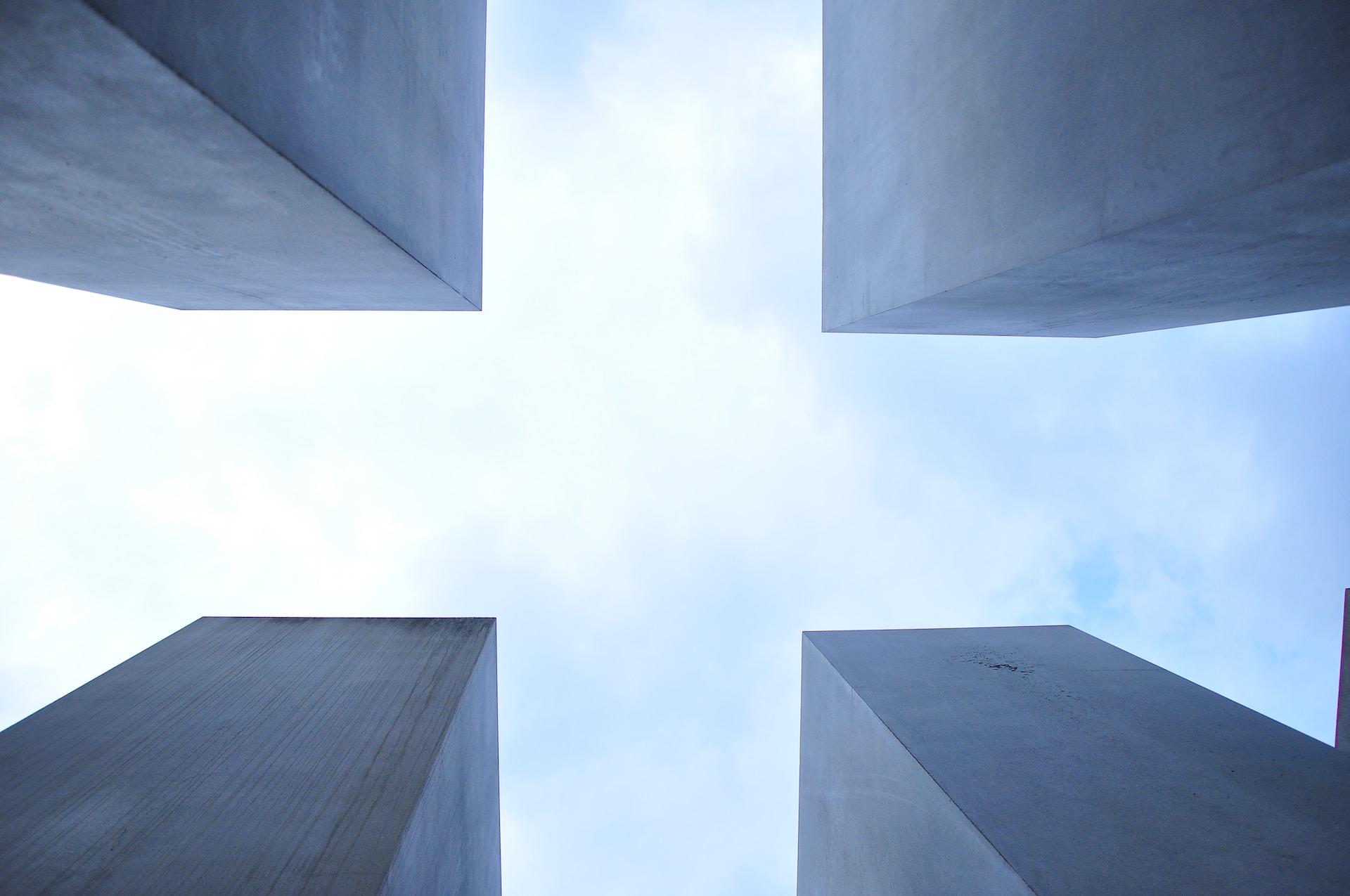
In a landmark decision, Latvia and Lithuania have initiated restitution programs for Holocaust survivors and their descendants, marking a significant shift in addressing the historical injustices of World War II. These Baltic nations, once home to thriving Jewish communities, have enacted laws to provide compensation for properties confiscated during the Holocaust. The narrow application window, closing on December 31, signifies a critical moment for many seeking acknowledgment and reparation.
Lithuania’s Restitution Efforts
Lithuania’s 2022 legislation earmarks 5 to 10 million euros for distribution among Holocaust victims through the Good Will Foundation. This program, inclusive of both survivors and direct heirs, aims to address the losses endured under Nazi and Soviet regimes. The final amount for each applicant will be determined based on total approved claims, with payments expected by July 1, 2025.
Latvia’s Approach to Redress
Similarly, Latvia launched a program offering 5,000 euros to eligible survivors. This initiative targets individuals who resided in Latvia as of June 21, 1941, the onset of the German occupation. The Latvian Jewish Community Restitution Fund is tasked with administering these funds, focusing on those 82 years and older, reflecting the historical timeline of the occupation.
The Significance of Recognition
These restitution efforts symbolize more than monetary compensation; they represent a profound acknowledgment of past wrongs. Gideon Taylor, president of the World Jewish Restitution Organization, emphasizes the importance of these nations recognizing their Jewish heritage and the individual stories attached to each property. This process of restitution is seen as a crucial step in reconciling with a dark chapter in their histories.

Challenges in Restitution
The path to restitution has not been without its challenges. Earlier attempts in Lithuania were hindered by citizenship requirements, excluding many survivors who had fled. The new programs, however, aim to be more inclusive, though the impact of time and the dwindling number of survivors add urgency to these efforts.
Outreach and Awareness
The World Jewish Restitution Organization is actively seeking eligible survivors and heirs worldwide, employing various methods from survivor databases to social media campaigns and influencer partnerships. This global outreach reflects the dispersed nature of the Jewish diaspora post-Holocaust and the organization’s commitment to ensuring that those affected are informed and able to claim their rightful compensation.
A Closing Window
As the December 31 deadline approaches, the focus intensifies on reaching as many eligible individuals as possible. These restitution programs offer a rare opportunity for survivors and their families to receive some form of redress for the immeasurable losses suffered during one of history’s darkest periods. It’s a race against time to bring closure and recognition to those who have waited decades for this moment.
©jewishsolidarity.org
